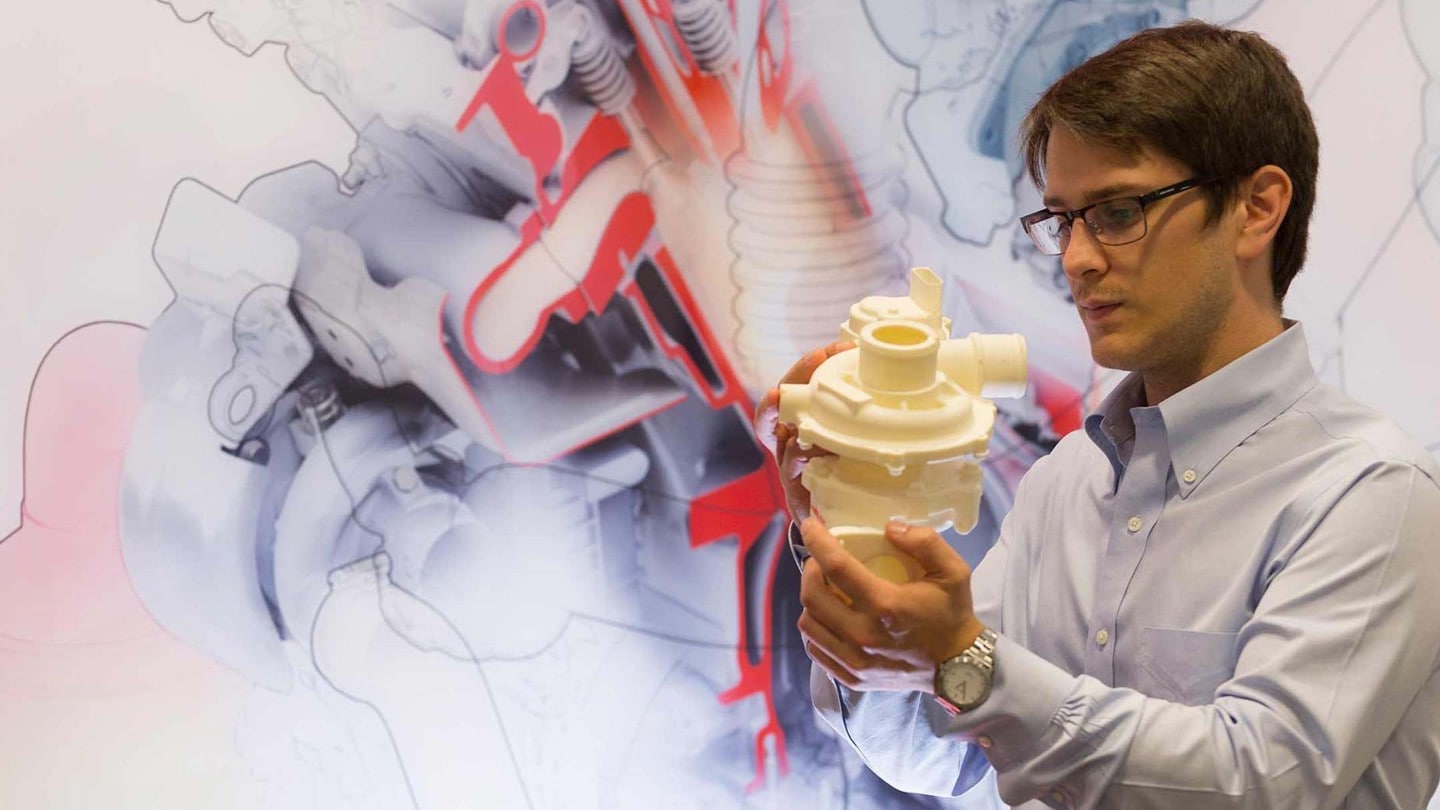
FORD APPRENTICESHIPS
As a Ford apprentice, you’re part of Ford’s future. We offer apprenticeship programmes across the business, designed to develop your skills and set you on your career path.
Click here to chat to our virtual assistant and more.

This could be the most significant moment in the history of Ford and the most exciting time to join us. As we move toward an electrified future, we’re looking for people with all kinds of experience. From Ford Apprenticeships to senior management jobs, find out how you could help create a better tomorrow.
At Ford, you’ll find endless possibilities to explore your potential. We believe in recognising and nurturing talent, and offer the support you need to develop your career.
We have jobs for researching, developing, designing, building, marketing and selling Ford products. We need people to support all that activity and the people who do it. In a global business like Ford, you’ll find a huge range of possibilities for developing your career.


Wherever in your career you join us, you’ll have opportunities to train and develop, from national vocational qualifications to professional and chartered schemes. We’ll also help you define career objectives, build a plan and provide constructive feedback on performance.
From design and engineering to research and development, the right challenge is waiting for you. Discover how valuable your experience can be.